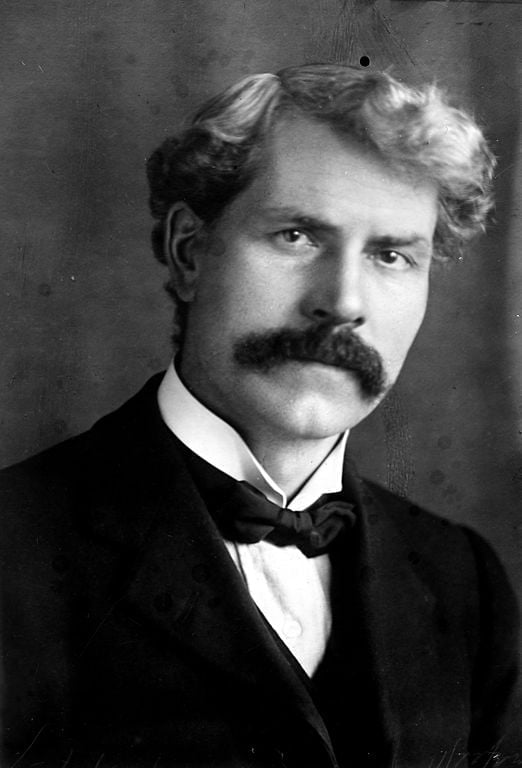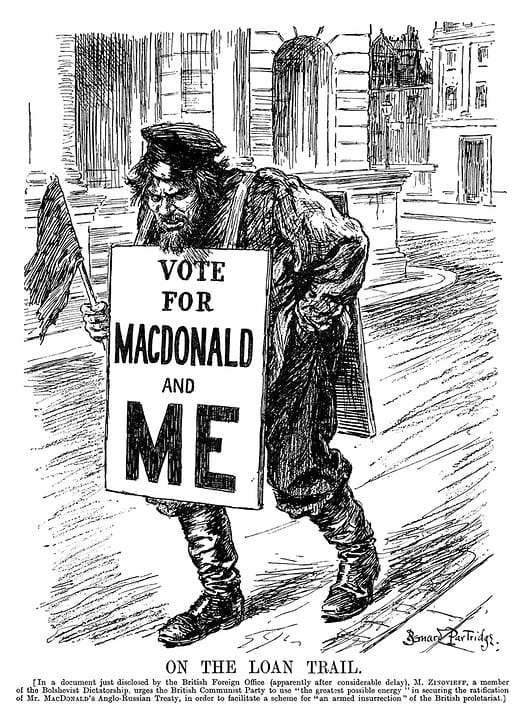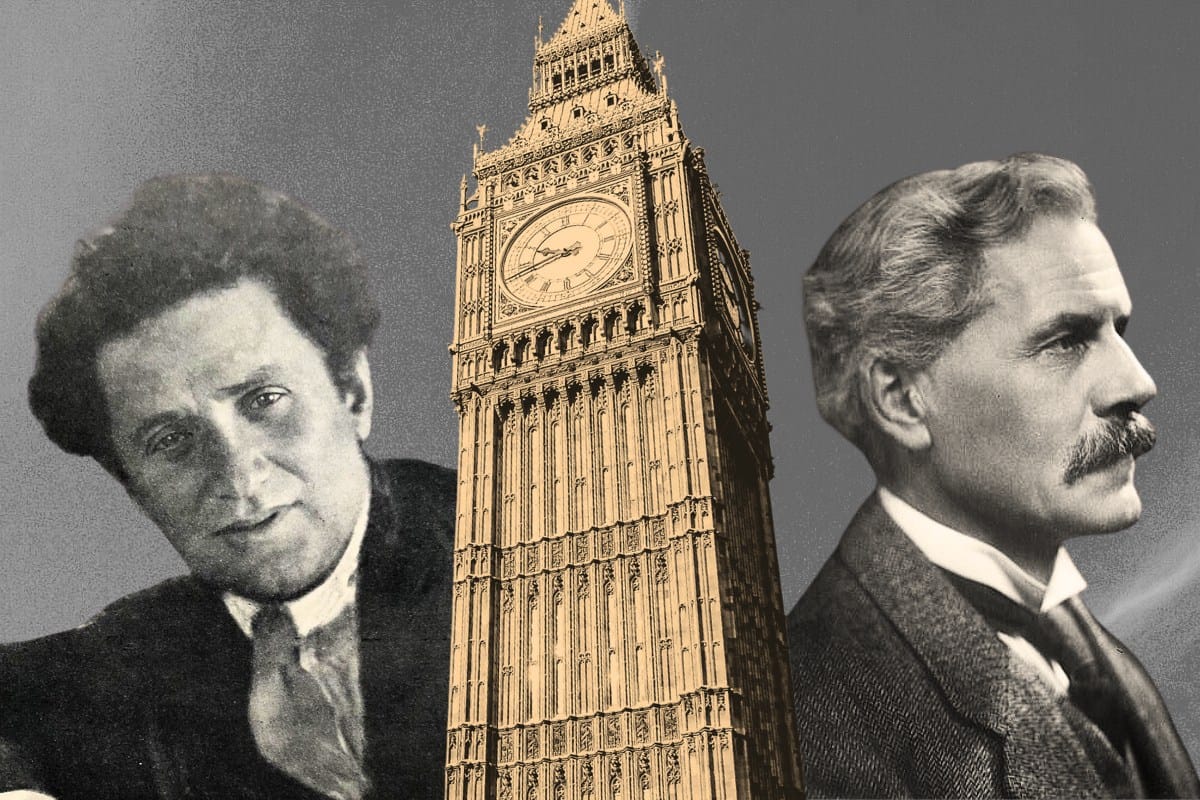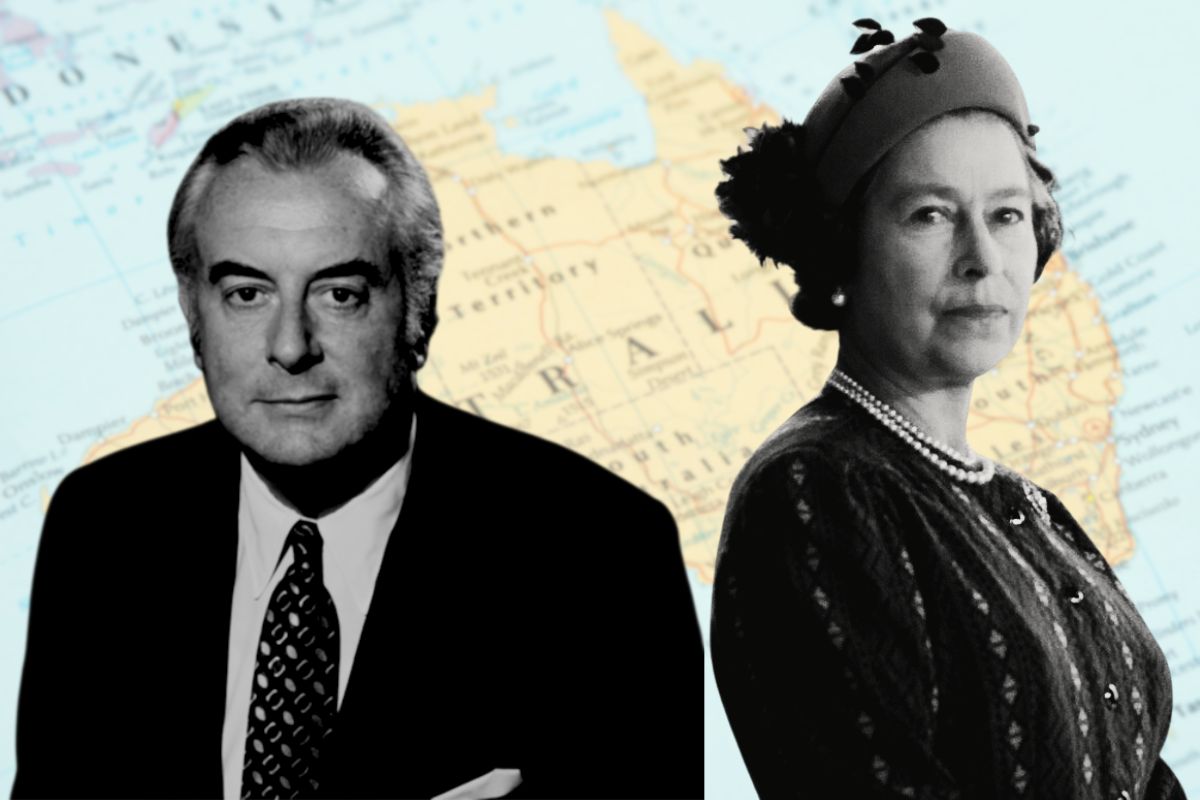‘Fake news’, ‘Russian interference’, ‘deep state conspiracy’, ‘election scandal’. This isn’t referring to 2024, but to an event which took place exactly a century ago, one that shook British politics: the so-called ‘Zinoviev letter’ affair.
On 25 October 1924, just four days before a general election, the Daily Mail published its infamous ‘Zinoviev letter’. The letter – since revealed to be a forgery – was a devious ploy by the establishment to prevent the re-election of the Labour Party.
“CIVIL WAR PLOT BY SOCIALIST MASTERS”, screamed the banner headline across the Mail’s front page. The right-wing rag fabricated the discovery of “a great Bolshevik plot to paralyse the British Army and Navy and to plunge the country into civil war”.
The ‘letter’ was apparently addressed to the leadership of the Communist Party of Great Britain (CPGB), and signed by Grigory Zinoviev – at that time the president of the Executive Committee of the Communist International.
According to the Daily Mail, the CPGB were the real masters of the Labour Party, whose leaders took their instructions from Moscow.
Red scare
The ‘Zinoviev letter’ was merely the culmination of a several-months’ long red-scare campaign against the ailing Labour government.
Labour had come to power for the first time in its history as a minority government in January 1924. With over a million-and-a-half unemployed, many workers had looked to Labour to solve their problems.

Such hopes were dashed by Labour’s right-wing leadership, headed by Ramsay MacDonald, who were keen to prove to the establishment that they were a ‘safe pair of hands’ for British capitalism.
The Labour government, dominated by right-reformists, carried out orthodox capitalist policies in a bid to revive the economy. They blamed their timidity in office on the fact that as a minority government, they relied on the Liberals to pass legislation.
But in reality, these aspiring ‘respectable statesmen’ feared mobilising the working class in a genuine struggle against capitalism. They therefore limited themselves to what seemed possible under the ‘rules’ of the system.
A step too far
In an effort to revive Britain’s declining industry, and under pressure from the ranks of the labour movement, MacDonald negotiated a series of ‘Anglo-Russian’ trade treaties in the summer of 1924.
The treaties were designed to normalise trade relations between Britain and the USSR, and open up a market for British industry. One included the prospect of a British government-backed loan to support the recovery of the workers’ state.
The treaties were a step too far for a section of the British establishment, who after their failure to assist the White Armies to victory in the Russian Civil War, remained determined to crush the young Soviet Republic.
Having successfully used the Labour Party to stabilise their system, these ladies and gentlemen then set the wheels in motion to bring down the government at the earliest opportunity.
Despite the MacDonald government doing their utmost to distance themselves from revolutionary Marxism, the Tories and Liberals began a campaign to portray the Labour Party as a secret front for the Communists.
In the summer of 1924, John Campbell, the editor of the CPGB’s paper the Workers’ Weekly, was prosecuted for ‘incitement to mutiny’. His ‘crime’ had been to publish an open letter calling on British troops not to fire on striking workers.
The case was dropped by the government following pressure from the labour movement, and the fact that Campbell was a decorated ex-serviceman.
This was used by the Liberals to pass a motion of no confidence in the government on 8 October, alleging that Labour was in fact under the thumb of the Communists.
A general election was called for 27 October. Over the course of the three-week campaign, the establishment would utilise all their dirty tricks to prevent a Labour victory.
Sensation
The Conservative Central Office (COO) orchestrated a smear campaign against Labour, using the Daily Mail as their chief organ.
The Tories’ agents at the Mail thundered that MacDonald’s government wanted “to use British taxpayer’s credit and cash for the purpose of financing a gang of thieves and murderers who have usurped power in Russia [and] wish to destroy the British empire and our civilised system of credit”.

This set the tone for the next three weeks, which was to create a sense of panic amongst the Mail’s middle-class readership.
Things reached a climax on 25 October with the Mail’s publication of the ‘Zinoviev letter’, which was then echoed in all the Tory press.
Apparently under pressure from the Mail, the Foreign Office dutifully confirmed the letter’s authenticity, despite the fact that MacDonald was also acting foreign secretary at the time.
MacDonald, as a ‘responsible statesman’, failed to use the forgery to attack the capitalist establishment. He instead played by the ‘rules of the game’, deferring to civil service ‘investigations’.
The attack has since been regarded as creating the greatest sensation surrounding any British general election in history. Its effect was to whip up a layer of the middle class into panic and hysteria, and rally them behind the Tories.
The result of the election was a sound victory for the Tories, who took 412 seats. Labour ended up with 151 seats, down 40, but with 33 percent of the vote.
In fact, despite the establishment’s best efforts, Labour’s vote actually increased by over a million since the previous election.
The real impact of the ‘red letter’, as it came to be known, was in accelerating the collapse of the Liberals. Squeezed between Labour and the Tories, the Liberal Party lost 119 of its 158 seats at the election, from which it would never recover.
Conspiracy
Despite some key details in the letter suggesting it was a fake, and a denial issued by Zinoviev himself, the British state maintained that the letter was genuine.
The newly elected Tory government then proceeded to cancel the unratified treaties with the USSR in November 1924, using the ‘Zinoviev letter’ as a pretext.
According to The Defence of the Realm: The Authorised History of MI5, the intelligence services then determined secretly that the letter was beyond doubt a forgery, but kept this finding hidden in order to keep the myth alive.
Since then, different versions of the letter’s origin have come to light. Whilst none agree on exactly who was the real author, they all point towards a conspiracy between MI6, the COO, and the Tory press to get it published.
In 1998, the Foreign Office Historian Gill Bennett concluded that the letter was probably written by White Russians in Latvia, who were opposed to the Anglo-Russia treaties.
From there it was sent by an MI6 agent to London, who Bennett suspects as deliberately deceiving the Foreign Office into its authenticity. Copies were then leaked to the COO and Daily Mail.
Others have suggested that MI5 agents themselves were responsible for the forgery. Curiously, the British government admitted in 2017 that it had ‘lost’ a file on the ‘Zinoviev letter’, and that no copies were available.
Exposed
As the saying goes, ‘the truth will out’. Whilst it’s likely that the impact of the scandal didn’t swing the election in 1924, its enduring legacy has been to partially expose the real nature of the capitalist state.
If the policy of an elected government doesn’t suit the interests of the capitalist establishment, these ‘democrats’ will go to any length of duplicity to bring them down.
Within the state there is a shadowy machinery, with close links to the Tory Party and bosses’ press, that will stop at nothing to protect their interests.

We only have to look back to the treatment of Jeremy Corbyn to see how this machinery is still used.
Corbyn was accused of everything from being a ‘Russian stooge’, to a ‘Czech spy’, with the full resources of the establishment media thrown against him.
This culminated in a clearly orchestrated smear campaign to paint the Labour Party under Corbyn’s leadership as ‘institutionally antisemitic’, ahead of the 2019 general election.
And just like MacDonald in 1924, Corbyn ‘played by the rules’, failing to turn these smears to his advantage.
He should have dismissed them outright as lies, and explained why the ruling class stood to fear him. Instead he apologised, and hid behind ‘investigations’.
As communists, we know that no slander is too low for the capitalists when their fundamental interests are threatened.
But unlike the reformists, we will not hesitate to call out the bosses’ lies and expose them, when they inevitably come for us.






